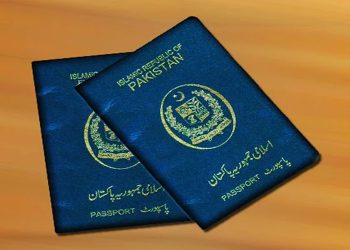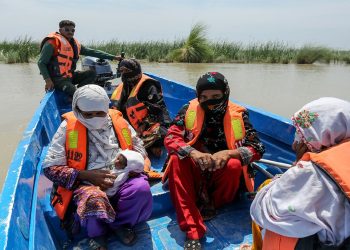Pakistan hosting the next SAARC Summit in Islamabad will be a golden opportunity to once again highlight the Kashmir issue. Foreign Minister Shah Mehmood Qureshi is confident that all member countries, except India, have agreed to attend the event at mutually convenient dates next year.
At a meeting of the SAARC Council of Ministers in New York on the sidelines of the UN General Assembly, the foreign minister boycotted his Indian counterpart’s speech, stating it is not possible for him to sit with the murderers of Kashmiris. Pakistan has taken an aggressive stance on the issue and has refused to engage until India lifts the curfew imposed and ends atrocities in the occupied territory.
Pakistan was scheduled to hold the summit in 2016 which was abruptly canceled after India boycotted due to the Uri attacks. Subsequently, several member countries also pulled out leading the event to be postponed indefinitely. A summit of SAARC’s interior ministers was held that year in Islamabad where then Indian home minister Rajnath Singh abruptly walked out midway amidst bitterness with the host nation.
India has used its influence in SAARC to isolate Pakistan. Among the SAARC nations, Afghanistan, Bangladesh, and Sri Lanka are strong India’s allies, while Bhutan, Maldives, and Nepal are too small to resist any moves. Thus Pakistan is exploring the possibility of an even greater economic alliance to counter India’s controlling hold on SAARC but hasn’t received considerable attention.
This raises doubts on the effectiveness of the summit, even if it is held in Pakistan after all. FM Qureshi has said SAARC was a forum where disputes can be discussed and solutions can be found, and the region’s true potential can be exploited. This is unlikely if a key player opts out or refuses to engage in any discussions.
It is unlikely that Indian Prime Minister Modi will attend the summit in Pakistan being chaired by Imran Khan. In case India decides to attend, it will send the foreign minister or a junior figure, but any breakthrough is unlikely based on the ongoing tensions and animosity between both countries.
SAARC was the brainchild of Bangladesh president Ershad, who passed away recently, and a charter was signed in 1985. He realised early on the promise of SAARC, which lies in economy, trade, and tourism, would not be fulfilled without resolving the disputes between India and Pakistan.
Ever since then dialogue has been ongoing and accords signed, and regional cooperation has been compromised over contentious bilateral issues. This has rendered the body virtually crippled due to the disputes between India and Pakistan, and on the verge of being dismantled.






























